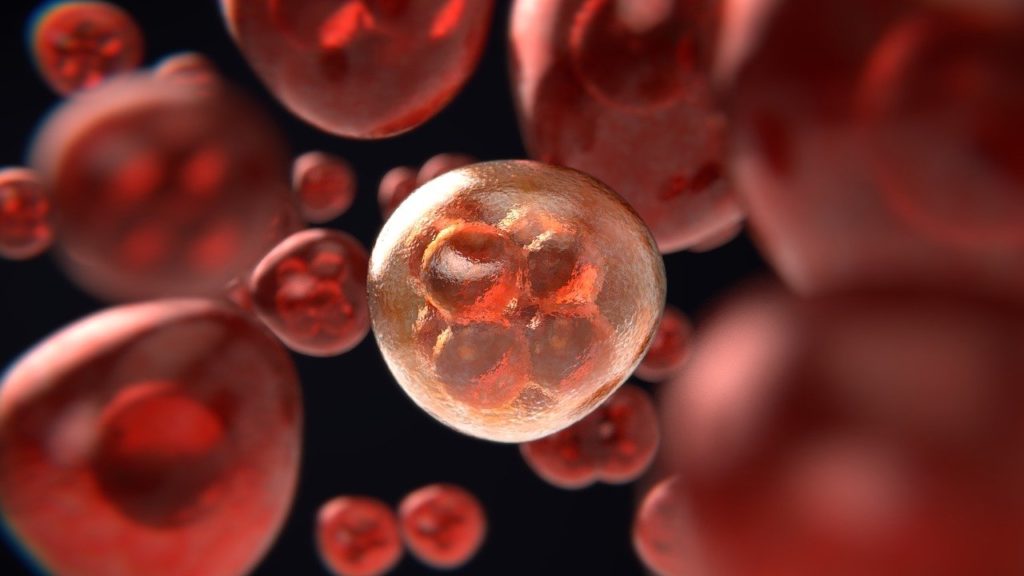Orphan Drug designation is granted to drugs or biologics intending to treat, prevent, or diagnose rare diseases or conditions. For the purpose of the designation, “rare” is considered any condition affecting under 200,000 Americans. Drug developers also receive incentives for Orphan Drug designation, including fee waivers, tax credits, increased regulatory assistance, and 7 years of market exclusivity upon approval. According to Targeted Oncology, the FDA recently granted this status to AO-176, a therapy for relapsed or refractory (R/R) multiple myeloma (MM).
AO-176
According to drug developer Arch Oncology, AO-176 is a highly differentiated anti-CD47 IgG2 antibody. Arch Oncology explains that:
AO-176 works by blocking the ‘don’t eat me’ signal enabled by CD47’s interaction with SIRPa and inducing phagocytosis.
Beyond multiple myeloma, Arch Oncology is also evaluating AO-176 as a potential treatment option for solid tumors. Within a series of clinical trials, the company is determining whether AO-176 can be used in conjunction with the current standards-of-care, or on its own.
In a Phase 1/2 clinical trial and dose escalation study, researchers are exploring AO-176’s safety, pharmacokinetic and pharmacodynamic profiles, and tolerability. Altogether, 102 patients will enroll. During the study, researchers hope to determine the maximum-tolerated AO-176 dose, how long patients respond to treatment, how well AO-176 controls MM and stops it from progressing, and whether the therapy is beneficial in conjunction with treatments like Velcade.
About Multiple Myeloma (MM)
Doctors are not sure of the exact cause of multiple myeloma (MM), a type of cancer that develops in plasma cells (a type of white blood cell). However, some hypothesize that a missing or partially missing chromosome 13 could play a role. Normally, plasma cells create antibodies which fight infections. But in MM, too many abnormal plasma cells form in the bone marrow. As these crowd out healthy cells, and increase the level of abnormal M proteins, health issues occur. Symptoms associated with MM include:
- Appetite loss
- Nausea and vomiting
- Bone pain, particularly in the chest or spine
- Unintended weight loss
- Weakness or numbness, particularly in the legs
- Fatigue
- Mental fogginess
- Constipation
- Excessive thirst
- Kidney problems
- High blood calcium level
- Low white blood cell, red blood cell, and platelet counts
- Frequent infections








